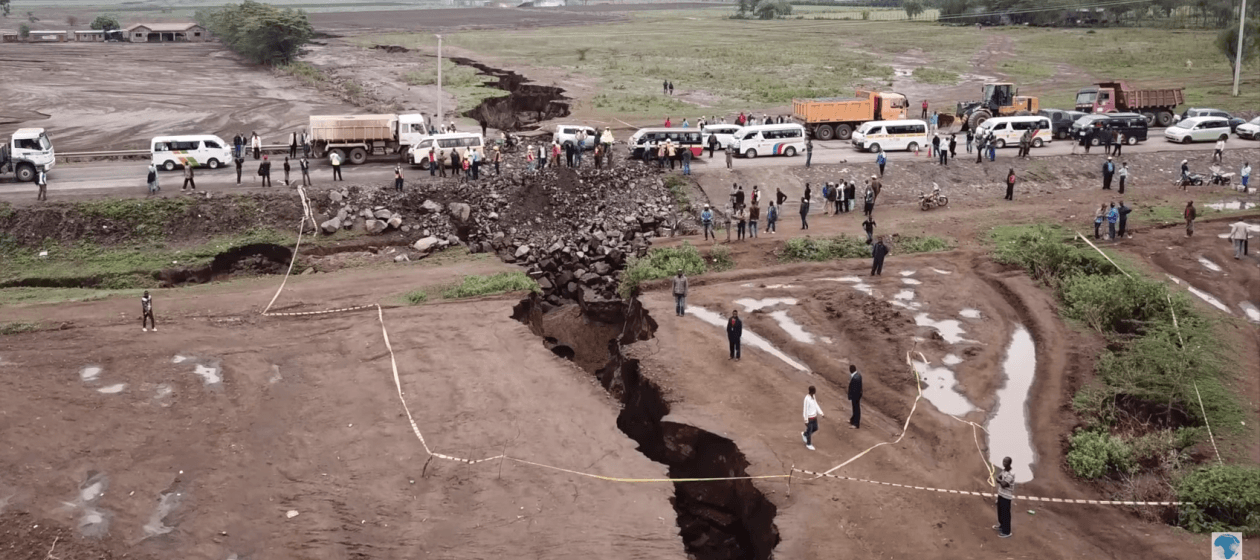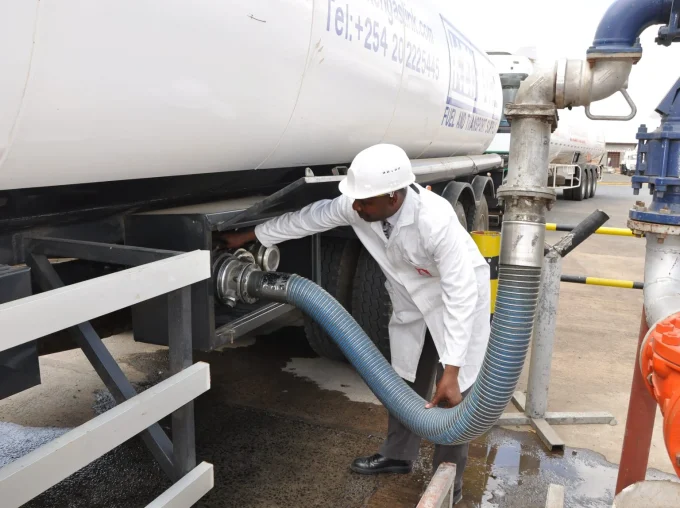[dropcap]L[/dropcap]ate in 2018, the Intergovernmental Panel on Climate Change consisting of the world’s leading scientists provided a warning on the disastrous impact should we fail to step up climate action. The change in climate has seen increased and aggravated frequency and intensity of extreme weather conditions including heat waves, floods, and tropical cyclones that have ravaged the world heat waves.
To put this into perspective, it is important to recall that in May 2018, it was reported that a blistering heat wave had killed at least 60 people across the world with high death rates from the catastrophe reported in Karachi, Pakistan.
Back home in East Africa, severe flash flooding displaced hundreds of thousands, claiming tens of lives thereby causing huge negative impact on our economy. Experts have now warned that the world’s poorest where Africa ranks will be hardest hit by climate change.
As such, there’s every need for us to heighten adaptation and to protect vulnerable communities from climate change impact in the future. To achieve this, we must take individual responsibility as we slow down global warming by implementing small but more sustainable actions within our community.
Among the daily habits that can we adopted to fight climate change include one: Reduction of emissions and push for decarbonization.
In each litre of fuel consumed by a car, at least 2.5 kilos of carbon is emitted to the atmosphere. Meaning, we could witness a significant reduction in carbon emission if we adopted alternative means of transport including bicycles for short distances and public transport in long distances.
The environment provides a wide range of renewable and non-renewable energy sources
Second, as obvious as it sounds, it is imperative for us to put into practice the 3 R’s. Reusing, recycling and reducing. It is believed that up to 700 kilos of carbon can be saved when recycling garbage at home.
Thirdly, we need to engage and demand more from our governments in the push for a more sustainable life. government policies can play a critical part in the improvement of our environment. They can, for instance, promote renewable energy, regulate carbon products that reach the market and correctly managing waste products through recycling.
Fourth, we have to encourage use of renewable and non-renewable energy. This can contribute to climate change mitigation and disaster risk reduction. Thankfully, the environment provides a wide range of renewable and non-renewable energy sources including solar, wind, hydropower, geothermal and natural gas.
Read Also: Kenya’s version of Facebook takes to social space
Lastly, there is every need for African nations to adapt to a low-carbon economy. Under this we shall have to shrink our carbon footprints at our processing and manufacturing industries. This can be achieved by continually improving the industries’ energy efficiency and reducing emissions by embracing new technologies and innovations.













Leave a comment